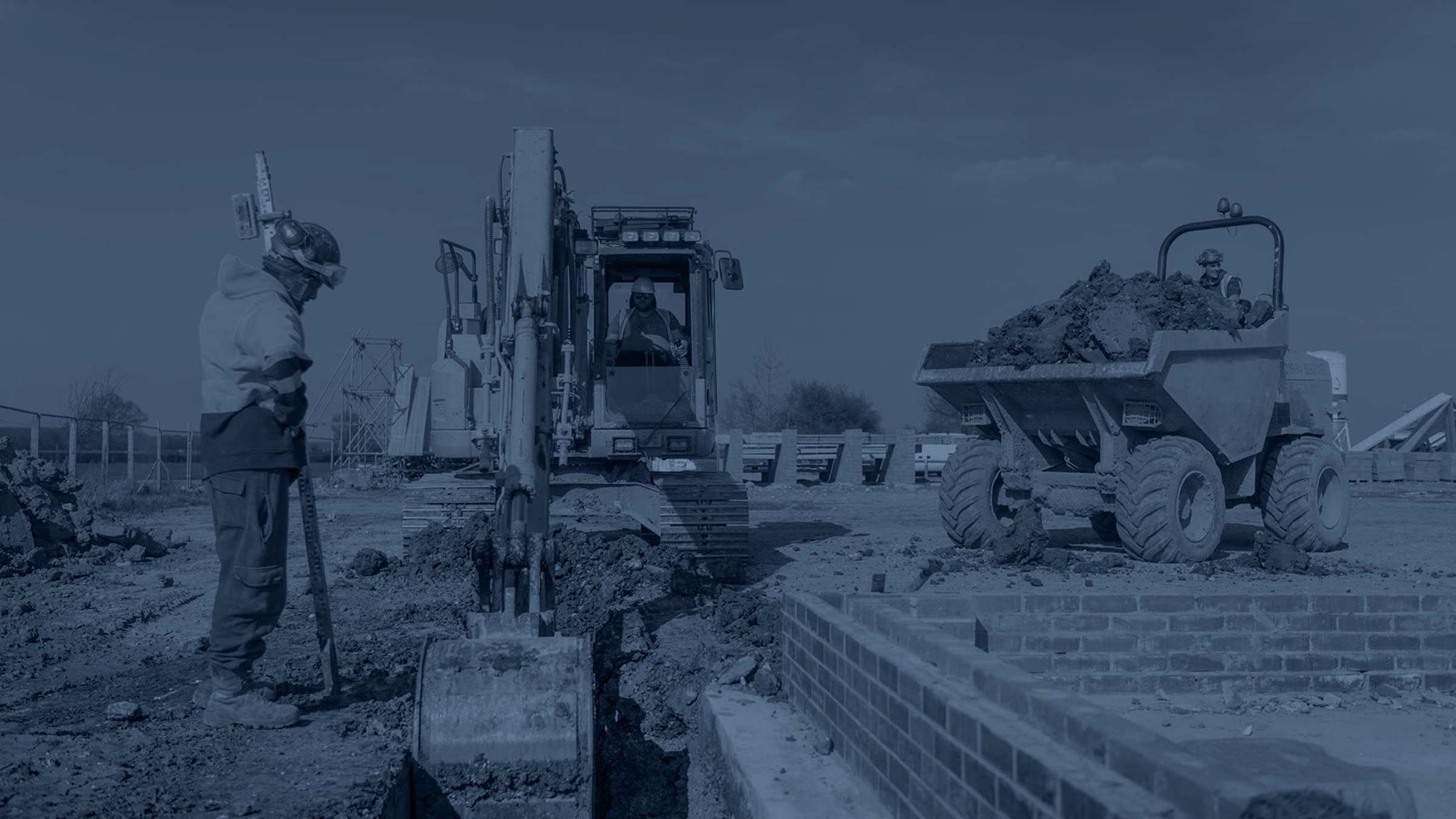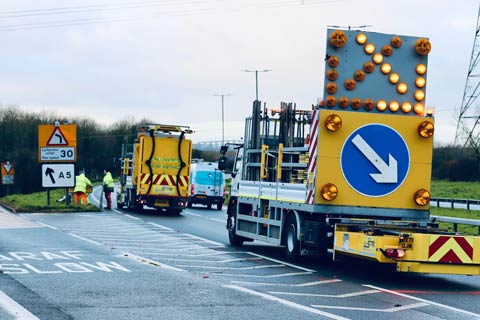10th June 2016 | David Jackson
Report from Trinity Global Business Forum
This new event hosted last month by Dublin’s Trinity Business School is designed to address pivotal business topics, including ethical leadership, measures to prevent or foresee another financial crisis, strategic planning and flexible working.
I was invited by Professor Andrew Burke, Dean of the Trinity Business School; along with Derek Butler, CEO at Grid Finance; Simon McVicker, IPSE Policy Director; and Lan O'Connor, Group Transformation Director, Capgemini – to take part in a panel discussion about the future of work in the 21st Century.
Guess what? The fastest-growing segment of the workforce over the past fifteen years is neither employees nor new business owners. It’s those who choose to work on a freelance basis.
Here’s a summary of my contribution to the debate:
“Freelancers are the UK’s secret economic weapon. They are vital and essential. And construction cannot build effectively without them.
“I can say this because I've spent 44 years in construction. I trained as a draughtsman, producing portal frames. I’ve been a ground worker, a house builder, started five building businesses and today I am Chairman of Hudson Contract. This month, my firm will confirm the status of 32,000 freelancers on UK building sites, and ensure they are all paid on time
“I'm from Bridlington, in the East Riding of Yorkshire. For the benefit of anyone here from a tax authority, that's on the coast. Not offshore.”
Key facts about self-employment and construction:
Fifty-three percent – or 800,000 tradespeople out of 1,500,000 skilled construction workers are freelancers.
Freelancers add value to business in six vital ways. They:
- De-risk projects by offering firms a pay-as-you-build business model
- Raise productivity and pass risk down to build level, because earnings are linked directly to individual performance
- Encourage entrepreneurs and facilitate start-ups by meeting fluctuating demand
- Reduce fixed overheads, because firms are not obliged to employ every trade full-time
- Reduce downtime, which can be 50% - 80% for each specific trade in each build
- Curb monopolisation by keeping start-ups and SMEs in the sector
About taxation and false self-employment:
All freelancers understand – and like – the CIS system. It's fully accepted, with the annual self-assessment requirements. In our experience, freelancers then receive tax refunds of between £1,200 and £1,400.
False self-employment is a separate issue altogether. It’s a stigma attached to freelance builders, promoted by the construction union and perpetuated by HM Treasury.
Propaganda in the form of a union-sponsored ‘report’ once estimated that between 200,000 and 400,000 construction workers were falsely self-employed, that’s rubbish. The truth is likely to be 20% of that number. And I should know. Hudson Contract has undertaken thousands of workplace audits, and all we see in those who freelance is skilled outputs for a fixed price.
So don't believe the propaganda around false self-employment! Remember the definition . . . propaganda is information, especially of a biased or misleading nature, used to promote a political cause or point of view . . .
The fact is, freelancers are vital to an efficient and competitive construction industry. And freelance builders deserve greater respect from politicians and the tax authorities.



